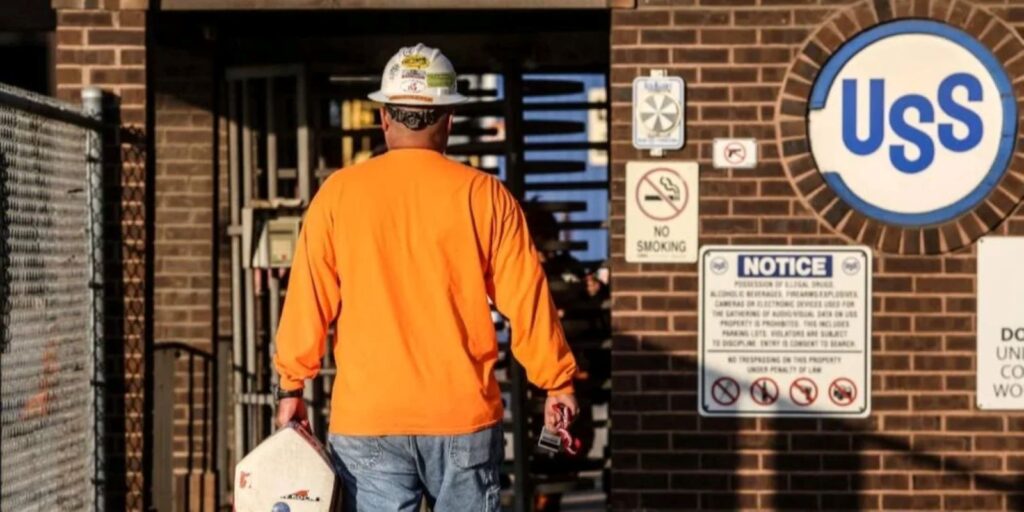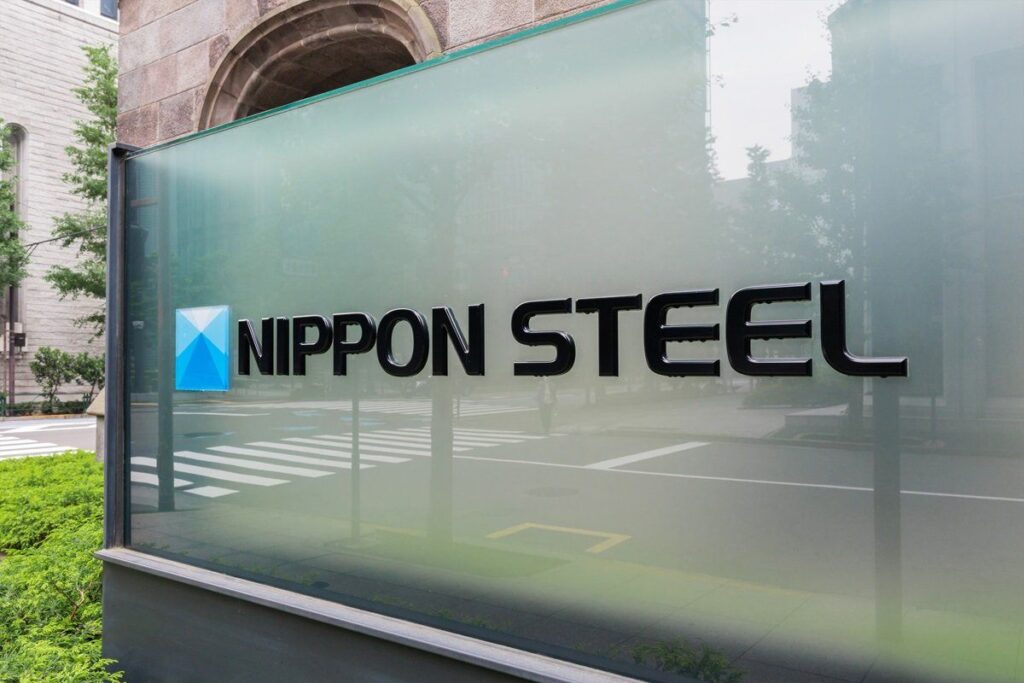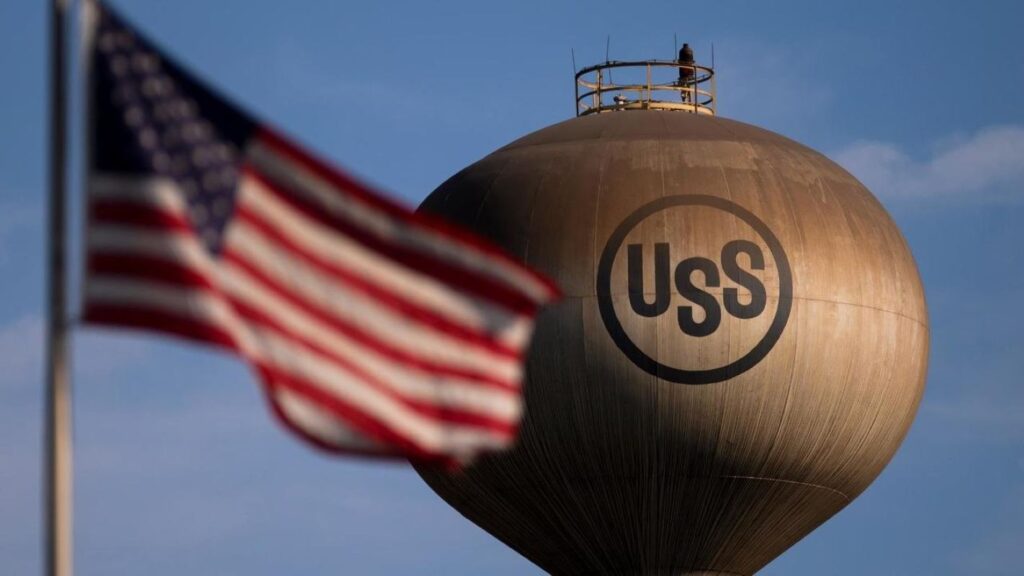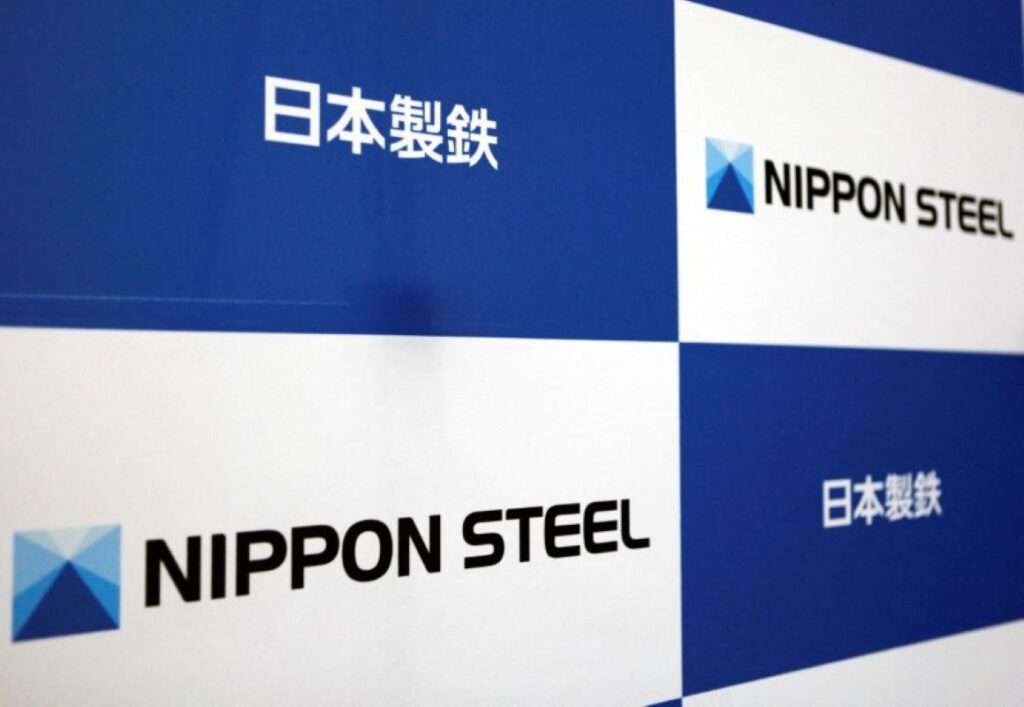President Joe Biden and Vice President Kamala Harris agree about stopping the Nippon steel deal. So far, it has only been suggested during statements at rallies and in interview comments. However, there are indications that the Federal Government would make official moves to ensure the U.S. Steel Nippon deal does not see the light of day.
The Biden administration may cite national security concerns as its reason for not agreeing to Nippon’s buyout of U.S. Steel. However, higher-ups at U.S. Steel have a differing view about the proposed takeover. The historical American company is concerned that without the Nippon Steel deal, it may have to lay off thousands of its union workers. In addition, the American steel manufacturer claims it would have to move its headquarters from Pennsylvania and shut down some of its mills.

Nonetheless, the US Steel union opposes the deal with Nippon, as they see U.S. Steel as an American Heritage. Union officials also criticized USS CEO David Burritt. The union claimed Burritt made efforts to whip up sentiments among USS workers with a bid to stage demonstrations in support of the deal. The final verdict on the U.S. Steel Nippon deal should be announced this week. However, experts suggest the outcome of the deal proposal may affect US-Japan relations since Nippon is a business concern of the US ally.
What Did Nippon Steel Offer for U.S. Steel?
Nippon Steel penned an offer of $14.9 billion for the takeover of U.S. Steel. So far, the deal has been approved by bodies regulating such transnational deals outside the US. Indeed, even U.S. Steel shareholders have agreed to the takeover terms. However, the acquisition will pass through a final round of vetting for approval by regulatory bodies in the United States.
An appendage of the U.S. Steel Nippon deal is a $2.7 billion investment. The Japanese company promised to invest the said amount in union-represented facilities in Indiana and Pennsylvania. Analysts suggest this investment is intended to placate and court the favor of steel unions. Also, to reassure US regulators and increase their odds of nailing the deal, Nippon explained on Wednesday that it plans to make US citizens majority board members after the takeover.

The Committee on Foreign Investment in the United States (CFIUS) is presently reviewing the plausibility of the Nippon Steel deal. Meanwhile, the US Treasury Department chairs the committee to vet the national security implications of the buyout. However, the Treasury Department has mostly kept mum about the proceedings. On the contrary, the CFIUS already contacted the two parties involved in the deal. The core of the official communication by CFIUS is to inform the two entities that the Nippon Steel deal will likely harm US national security.
According to White House spokesman John Kirby, President Biden is awaiting the formal recommendation of the CFIUS on the matter. Nonetheless, he affirms that the president strongly feels “that American steel companies ought to be American-owned.”
What Is the Nippon Steel Controversy?
Politically, the US response to the Nippon Steel deal is a double whammy for Japan. Whatever way the November election swings, the Japanese steelmaker will face opposition in the world power’s territory. This is so because the campaign trains of both Kamala Harris and Donald Trump have openly revealed their opposition to the deal.

Political analysts suggest that the U.S. Steel deal is particularly significant because the company is headquartered in Pittsburgh, Pennsylvania. Pennsylvania happens to be a political battleground for the two presidential candidates. So, there are suggestions that each candidate will try to dance to the tune of the local unions in exchange for votes in November. Testament to this claim is the repeated visits of Harris and Trump campaign trains.
ALSO READ: Verizon Acquires Frontier Communications in $20 Billion Deal to Expand U.S. Fiber Network
Is Nippon Steel a Good Buy?
Many analysts are pointing to the positive signals of Nippon Steel Corporation stocks. StockInvest.us, a financial research entity, suggests Nippon stocks are good enough as a hold. This ‘hold’ opinion infers that investors can accumulate Nippon stocks while monitoring its performance on the market.

Right after the Washington Post broke the news of the potential deal block, the value of the U.S. Steel stock crashed by 17.5%. Nippon Steel stock did not go unscathed either, as its value on the Tokyo, Nagoya, Fukuoka, and Sapporo Stock Exchanges also dropped by 1.6% on Thursday. However, shares of the Japanese steelmaker later rebounded, trading at an over 0.3% increase.
You Might Also Like:
Visa Reveals Its Plan To Launch a New Product That Will Make Direct Bank Account Payment Safer
Ken Griffin Citadel Hedge Fund Navigates Volatile August, Securing a 1% Gain for Wellington
Cooper Union Tuition Restoration for Upcoming Graduating Seniors
Chase Bank Acknowledges Viral ‘Glitch’ Encouraging Check Fraud Attempts

